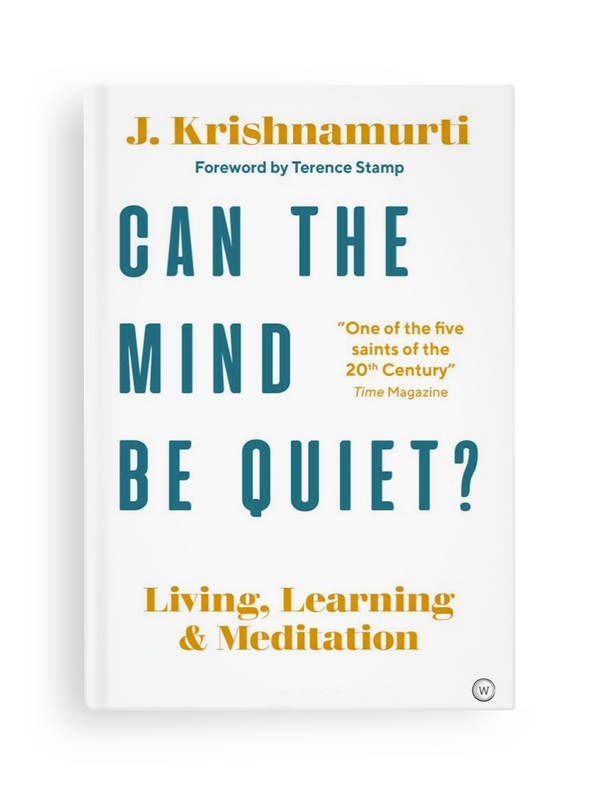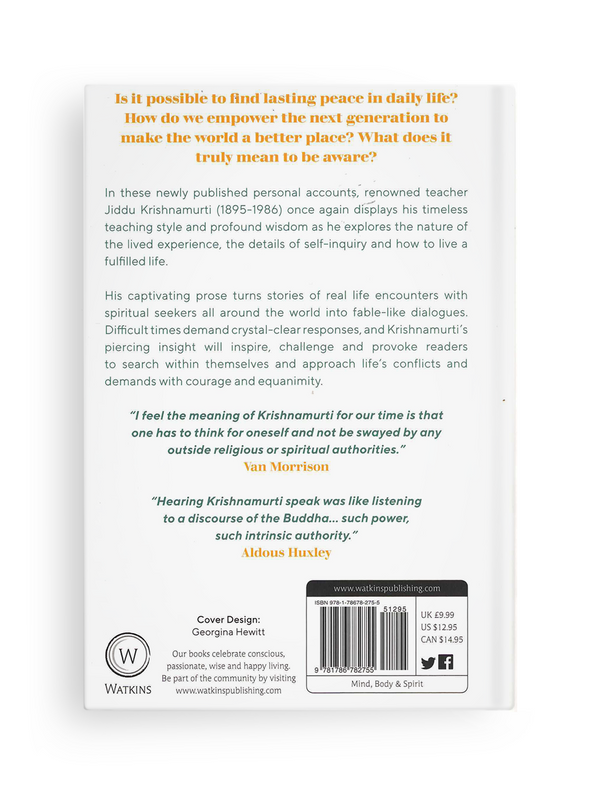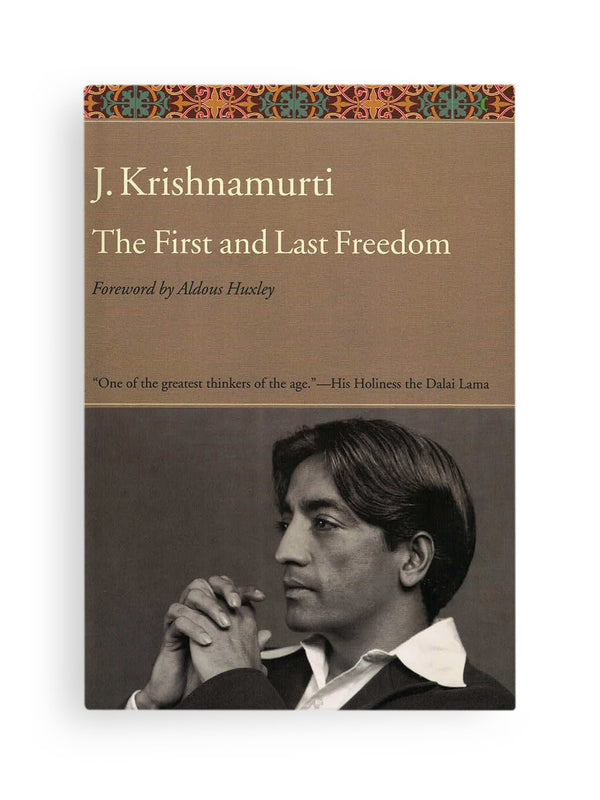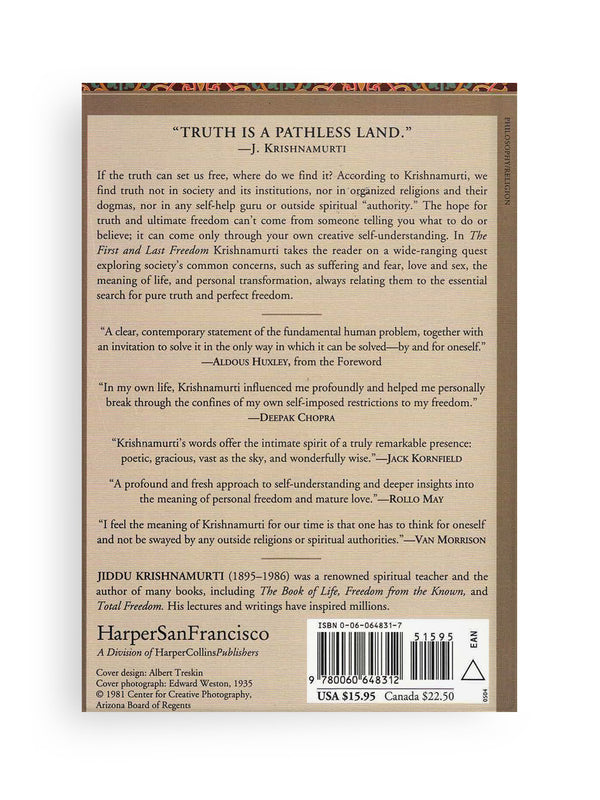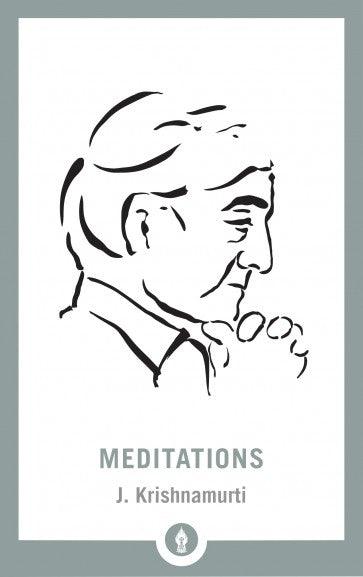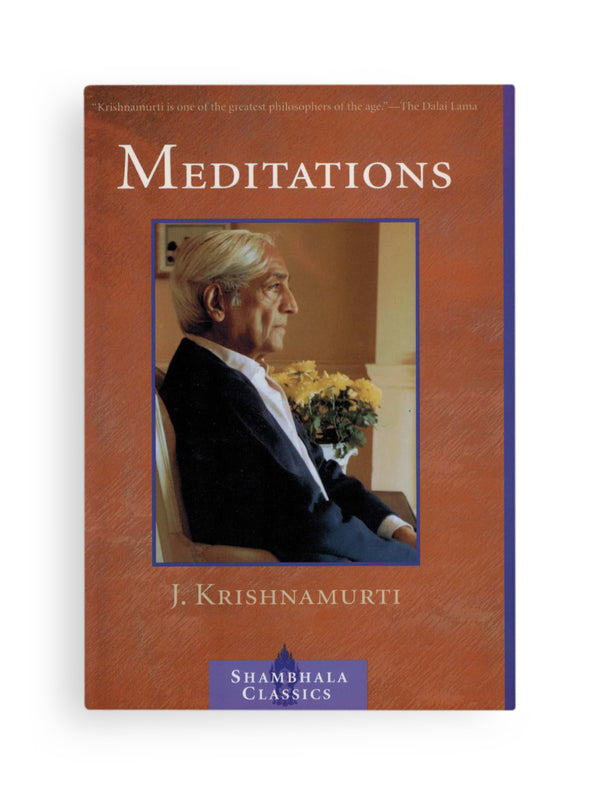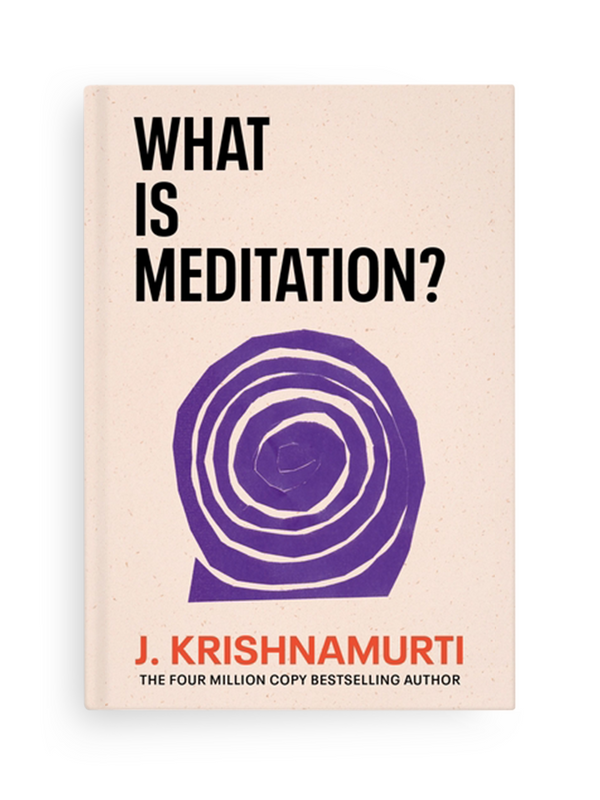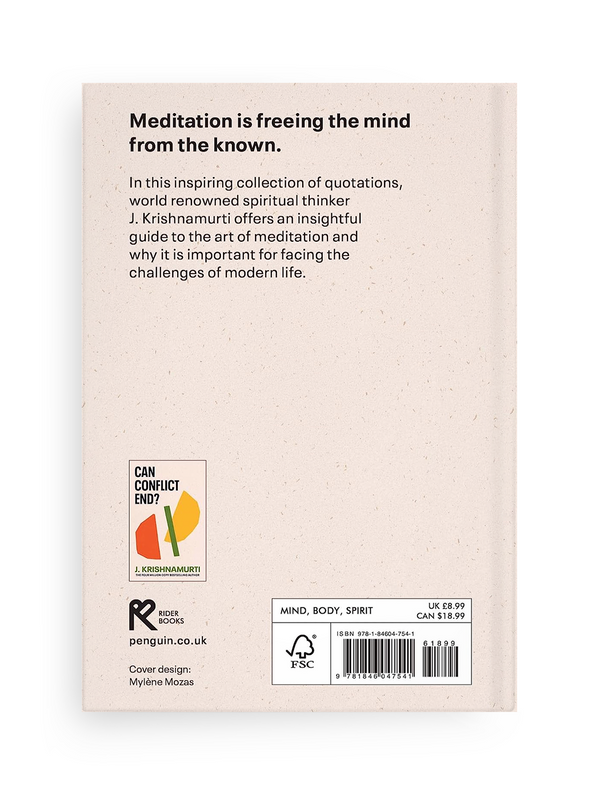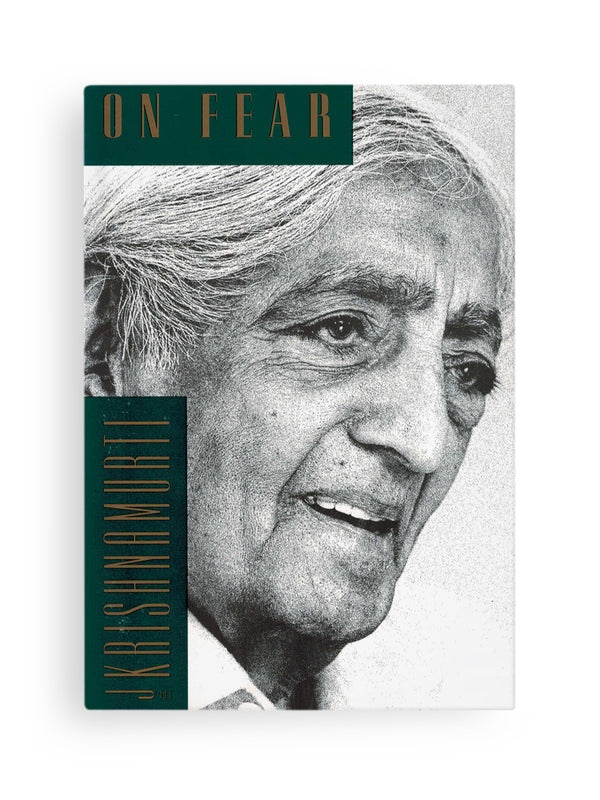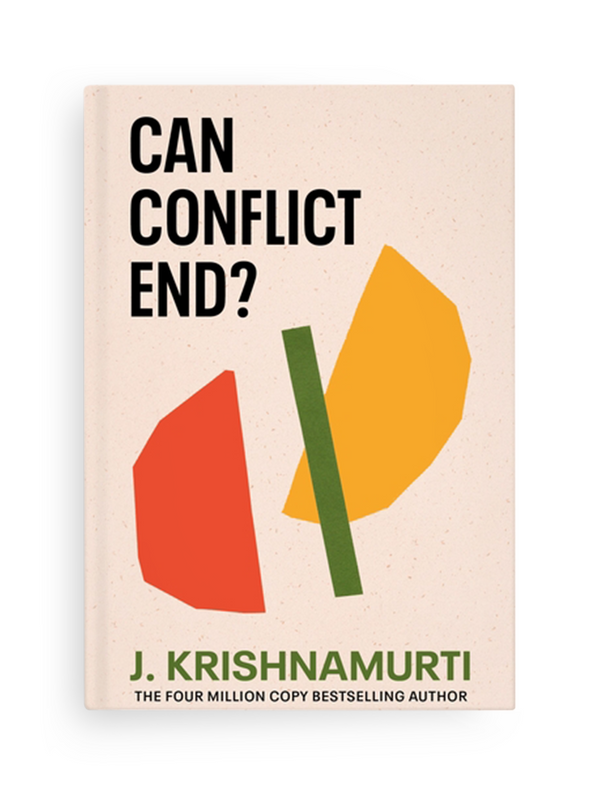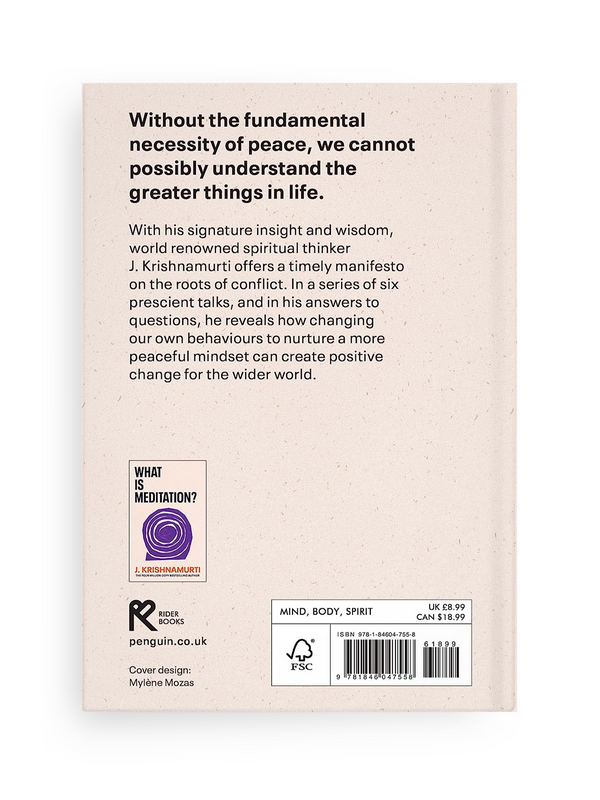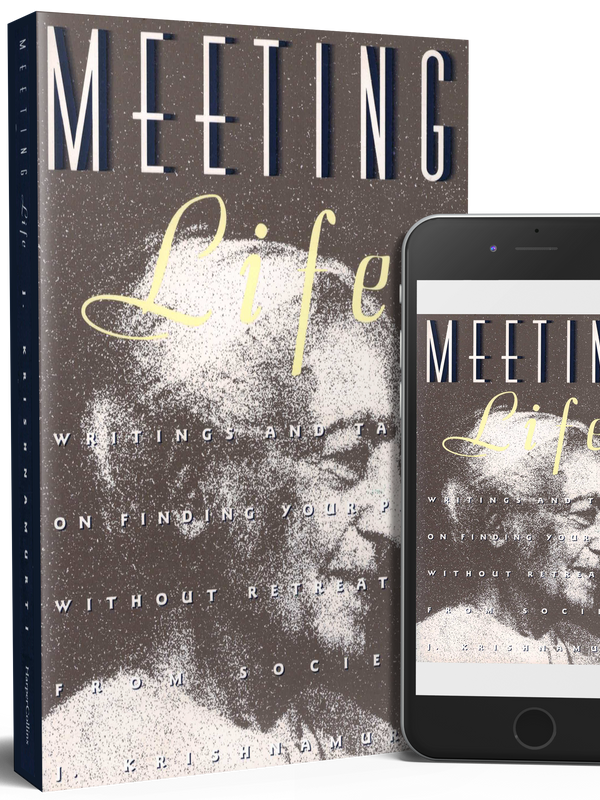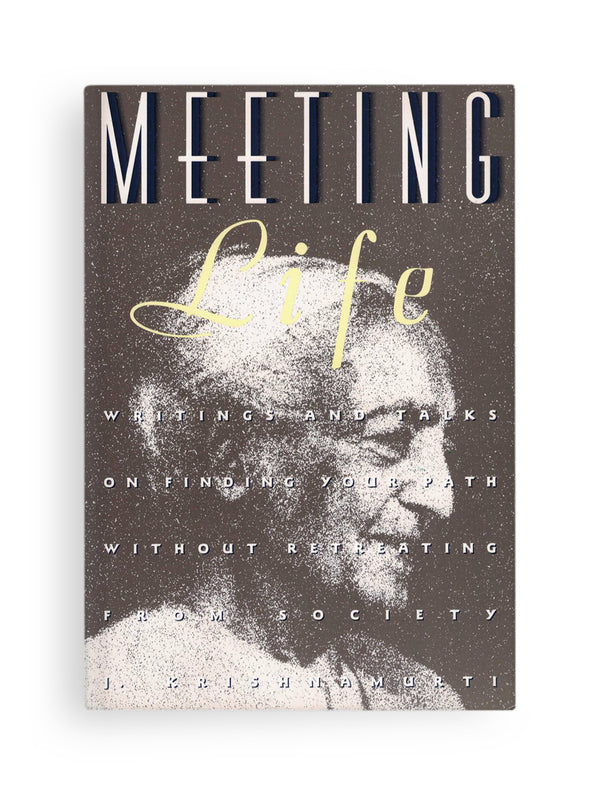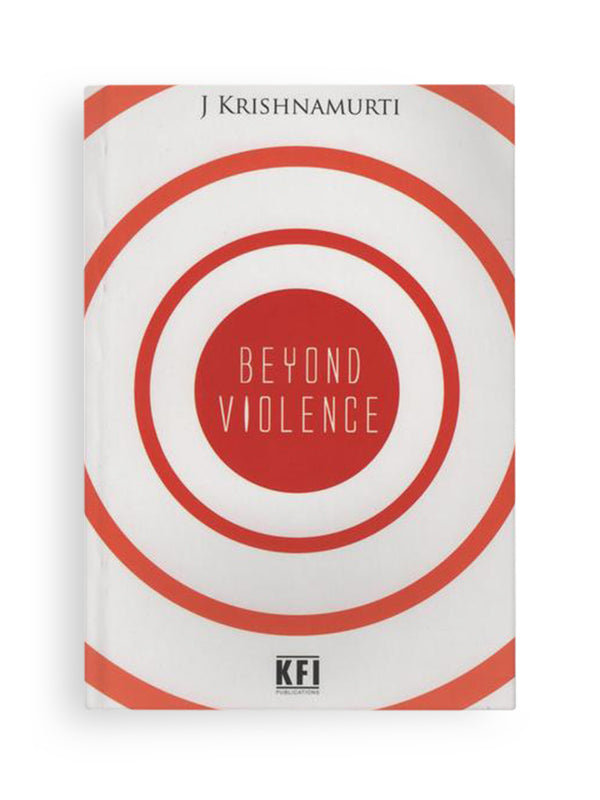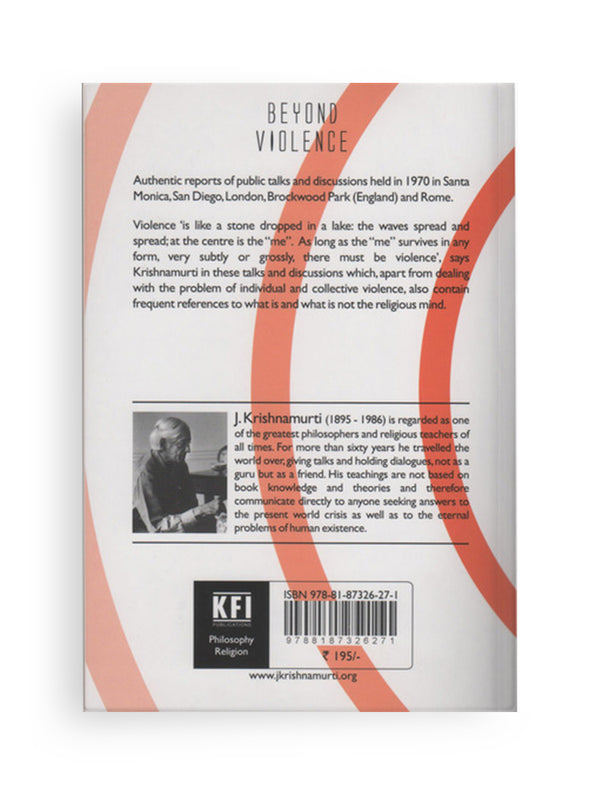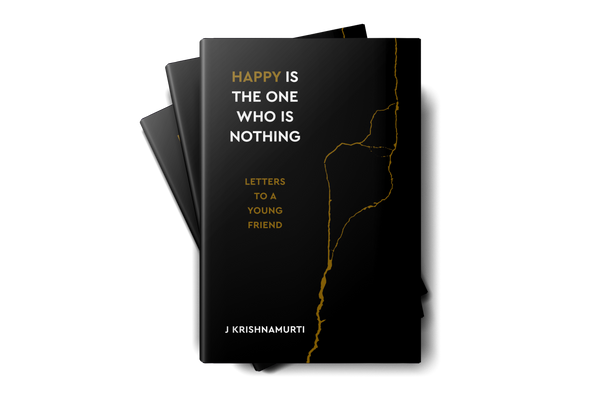
In a beautiful new Hardcover format, Happy is the One Who is Nothing is an Expanded edition of Letters to a Young Friend. This expanded edition includes selections from the Krishnamurti for the Young Series.
The New Chapters include:
What is it to feel?
What is it to care?
Why do we lose our imagination?
What does fear do to you?
Freedom and order
What is order?
Between 1948 and the early 1960s, Krishnamurti was easily accessible and many people came to him. On walks, in personal meetings, through letters, the relationships blossomed.
Happy Is the One Who Is Nothing collects together letters to a young friend who came to him wounded in body and mind. The letters, presented here in a beautifully gentle design, were written between June 1948 and March 1960. They reveal a rare compassion and clarity: the teaching and healing unfold; separation and distance disappear; the words flow; not a word is superfluous; the healing and teaching are simultaneous.
Happy Is the One Who Is Nothing is ideal as a gift for any loved one interested in non-duality and perspective-shifting spirituality, or to be treasured on your own shelf.
Published by Watkins Publishing, UK 2020
Hardcover Edition
Jiddu Krishnamurti lived from 1895 to 1986, and is regarded as one of the greatest philosophical and spiritual figures of the twentieth century. Krishnamurti claimed no allegiance to any caste, nationality or religion and was bound by no tradition. His purpose was to set humankind unconditionally free from the destructive limitations of conditioned mind. For nearly sixty years he traveled the world and spoke spontaneously to large audiences until the end of his life in 1986 at the age of ninety. He had no permanent home, but when not traveling, he often stayed in Ojai, California, Brockwood Park, England, and in Chennai, India. In his talks, he pointed out to people the need to transform themselves through self knowledge, by being aware of the subtleties of their thoughts and feelings in daily life, and how this movement can be observed through the mirror of relationship.

